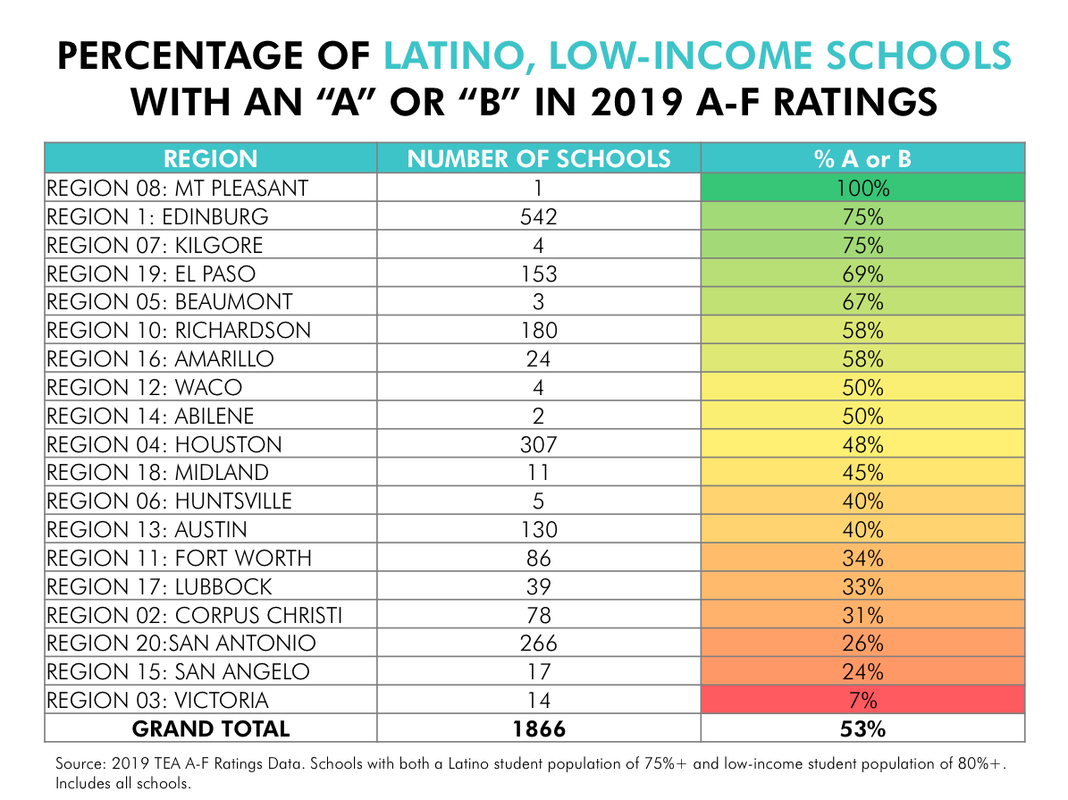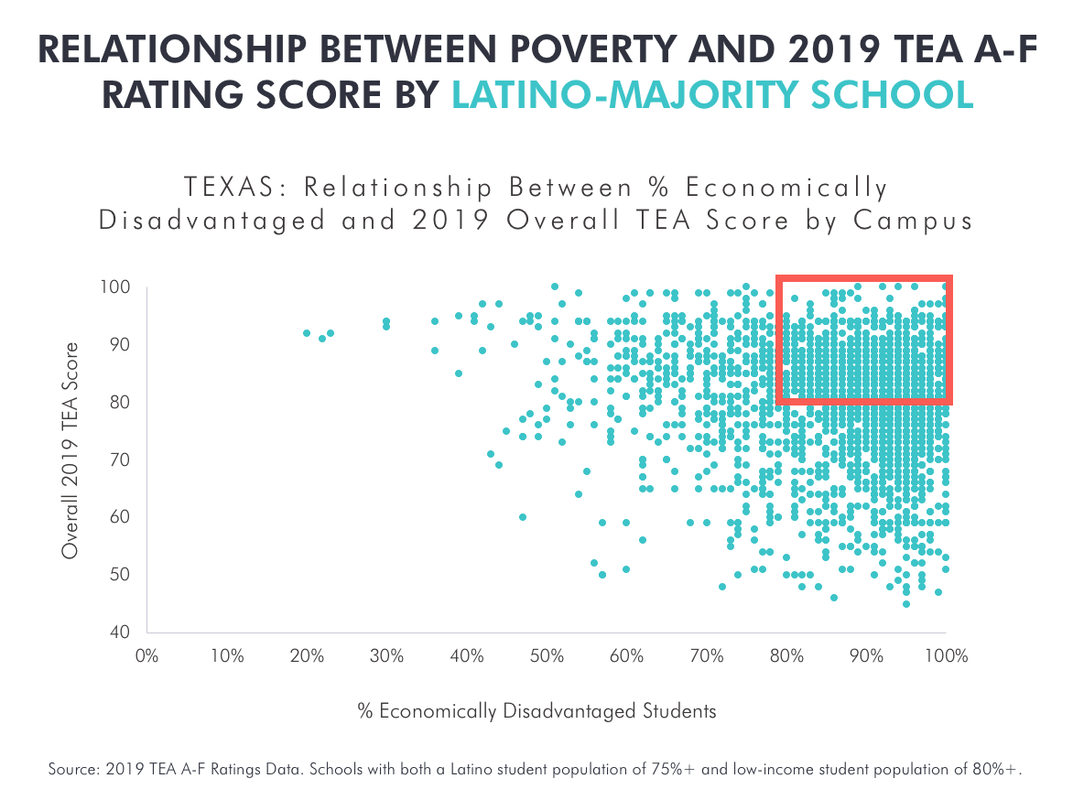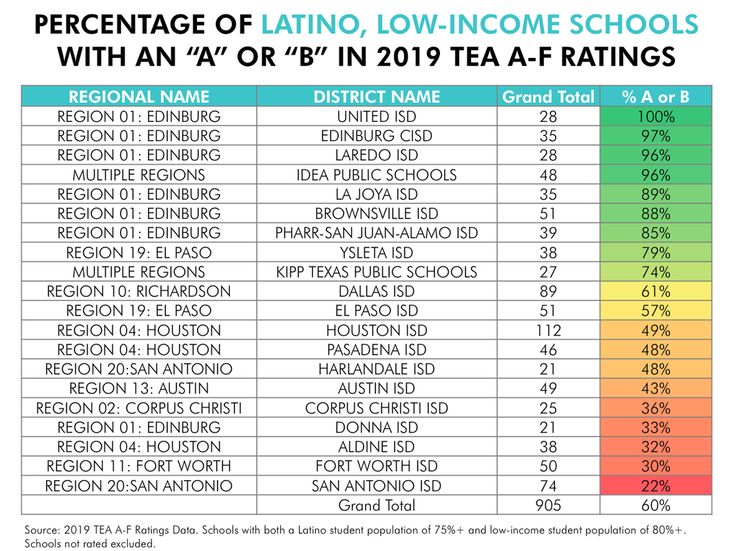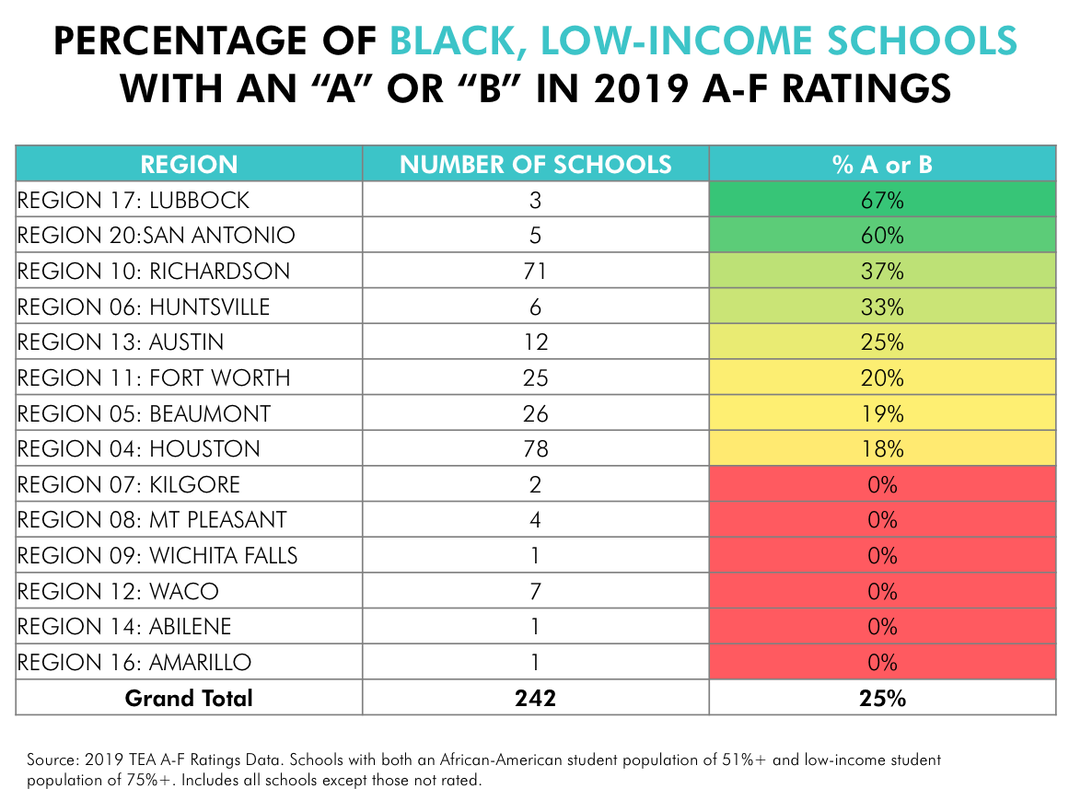|
When my parents – a housekeeper and a mechanic – saved enough money to buy a home, they had no idea that decision would lead me to one of the worst performing middle schools in Los Angeles. Had they bought a house just a few blocks away, I would have been zoned to one of the best performing schools in the county. I excelled in elementary school and was afraid that I would not be able to fully realize my academic potential by attending a low-performing school. In a desperate attempt to salvage my education, my mom and I arranged a meeting with the principal at the high-performing school to try to convince him to allow me into his school. At the meeting, my mom made her case in Spanish to the principal while struggling not to break down crying: “Solamente quiero que tenga una buena educacion.” I quickly translated her plea: “My mom says she just wants me to have a good education.” It was quite the tearjerker moment but, unfortunately, tears only went so far. I’ll never forget the principal turning us away saying, “I’m really sorry. I wish I could help, but you’re not zoned to this school, and there’s nothing I can do about that.” I then attended a middle school where I fell further behind academically. Untapped potential. Fortunately, I then went to a high school where outstanding teachers helped me get on a path to college. I’m passionate about data because of its potential to shine a light on the inequities I experienced firsthand and because of its ability to begin a conversation about solutions for kids facing similar challenges to those I had to overcome. While data may not tell the whole story about a school, it helps depict a snapshot of the conditions and outcomes children experience every day. The Texas Education Agency (TEA) released their 2019 A-F ratings assigning most schools in Texas with a letter grade. There’s much we can begin to learn from this publicly available information:
What’s striking to me about this data is the untapped potential it highlights: If Latino low-income schools in the Rio Grande Valley are succeeding, why can’t more of our schools elsewhere in Texas succeed similarly? When I see these numbers, I imagine a story – like mine growing up – of a child behind every number. A story of untapped potential. Latino students – even while growing up economically disadvantaged – can succeed, but they need us to provide them excellent schools. Through the following scatter plot, we can see the wide variation in performance among majority-Latino and majority-economically disadvantaged schools across Texas: There are nearly 1,000 schools in that red box earning a top grade in the TEA ratings (80-100). Who’s attending these schools? Latino students who are economically disadvantaged. What makes them different? How are they able to tap into their students’ potential?
While there are bright spots, the variation in performance reaffirms our children can succeed when the right systems are in place, and there’s more that we can do to help Latino children growing up in poverty.
Only 1 in 4 schools in Texas that is majority-black and majority-economically disadvantaged earned an “A” or “B” compared to 2 in 4 Latino-majority and majority-economically disadvantaged schools. No community and group of children are the same. If we are to improve our schools to more equitably serve our students, we have to take into account the rich diversity our students represent otherwise a one size fits all approach will have limited success.
Behind every number, there’s a rich and complex story. Often, a story of the incredible potential our students reflect on a daily basis. Throughout the data, we see numerous shining examples of students and schools outperforming even in difficult circumstances. The data shows our kids can succeed – and they are succeeding. It’s incumbent upon us – the adults – to create a fairer system that gives all of our children the opportunity to fully realize their potential. |
Andy CanalesPassionate education leader and entrepreneur. Son of Salvadoran immigrants & first generation college graduate. Archives
May 2024
Categories
All
|





 RSS Feed
RSS Feed